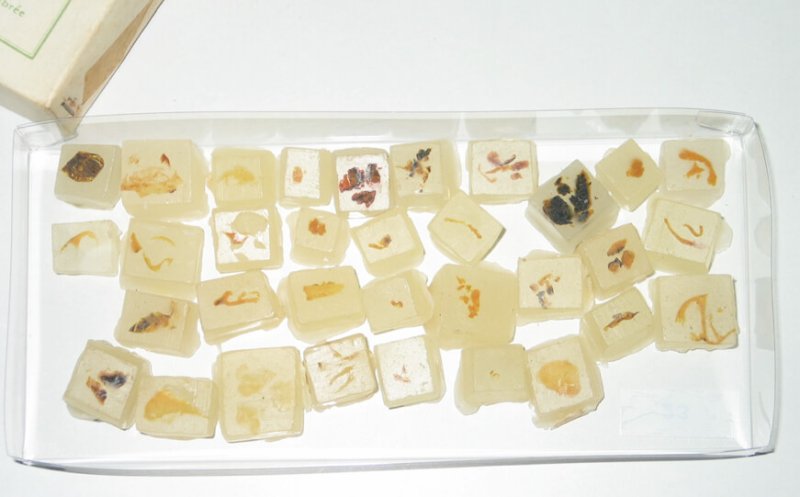Scientists extracted a near-complete HIV-1 genome from a lymph node that had been preserved in wax for more than 50 years. The sample stands as the oldest HIV-1 genome yet recovered, predating the previous oldest sample by a decade, the researchers reported July 1 on the preprint server bioRxiv.
The HIV-1 virus was first discovered in 1983, 17 years after the contaminated lymph node was collected from a 38-year-old man in Democratic Republic of Congo.
…
Coauthor Michael Worobey and his colleagues discovered the lymph node, no larger than a fingernail, while combing through more than 1,600 tissue samples at the University of Kinshasa in search of HIV genome fragments. Among the plentiful samples, only the lymph node contained traces of the virus, according to The Atlantic. …
“It turns out that you can retrieve [RNA] more than 50 years later, even if the thing has been sitting in a drawer at ambient temperature. …” says Worobey
…
“Although its discovery doesn’t substantially alter our current model of the early genetic history of the AIDS pandemic, it does improve our confidence in conclusions previously drawn from modern and partial HIV gene sequences,” says Oliver Pybus, a professor of evolution and infectious diseases at the University of Oxford, in an interview with News-Medical.Net.
Read full, original post: HIV-1 Genome Extracted from 1966 Tissue Sample































